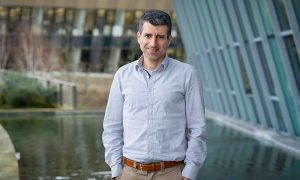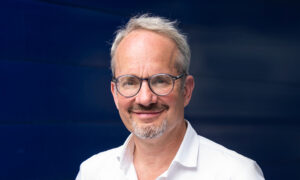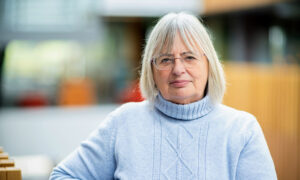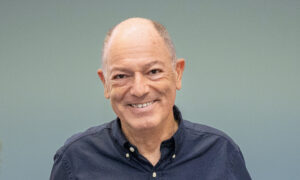
Welcome: Kyung-Min Noh
Having explored everything from physiology to structural biology in her quest to understand the epigenetics of neuron development, new group leader Kyung-Min Noh values the ability to communicate and share knowledge across disciplines.
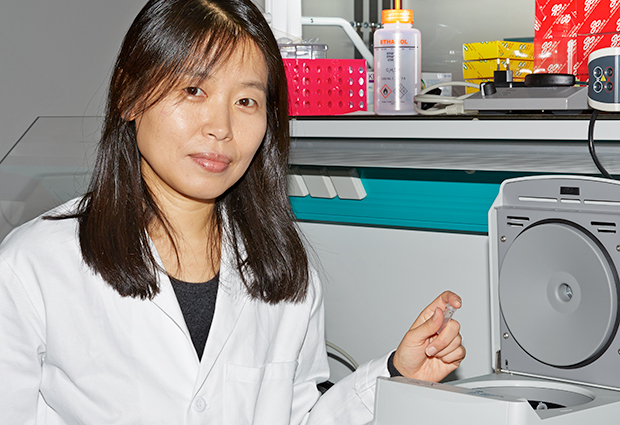
The Noh group will focus on how changes to chromatin – our DNA and the proteins it wraps around – affect the way neurons form. They will use two different approaches: exploring the results of large-scale genetic studies and designing mutations themselves. In both cases, the group will probe for the effects of mutations in embryonic stem cells, which they can grow into different types of neuron.
The important thing is forming good biological questions.
How would you describe your approach to research?
I think the important thing is forming good biological questions. Then you just have to collect what approaches are available and find what is the best to probe your hypothesis.
Name one tool you can’t do without:
Art. I have come to realise why art and science go together – because you have the same kind of free mind. When you do your science, if you make the free time to do art, or to enjoy art, it creates an extra brain space that you can explore. Some of the best ideas I’ve had came to me when I was playing music or watching dance or opera.
Whose work at EMBL intrigues you? Do you already have potential collaborators in mind?
Yes! Actually I have already proposed an EMBL Interdisciplinary Postdoc (EIPOD) project with Daniel Panne, to explore the structural biology angle and design proteins with specific mutations. And I can see there are so many opportunities here – particularly the genomic and imaging facilities and what that could give us in terms of genotype-phenotype analysis. The beauty of the neuronal system is that you can match the complexity of the genomic changes to the phenotypic output. These state-of-the-art facilities will definitely push my research to the next level. And then I can also see plenty of opportunities already within the Genome Biology Unit. It is so diverse within our Unit itself, with Nassos Typas’ work on bacteria, and Christoph Merten’s microfluidics, and then other model organisms like the fruit fly that Eileen Furlong’s group uses… it’s just amazing.
I like people who communicate well, and who can be independent.
What is your philosophy for running your lab? What will you be looking for as you build your group?
I’d like to adopt the very nice model that I experienced during my postdoc work. So I want to adopt a very positive, collegial energy in my lab. I am also looking forward to interacting with people from many different places, because EMBL is such an international environment. I like people who communicate well, and who can be independent. Combining that communicative ability and independence: that is real gold. What I definitely don’t want to have is a passive-aggressive environment – I don’t think that is the ideal place for science.
If there was a motto hanging at your lab’s door, what would it be?
Together, we will do it!
Where do you come from? What are the best things about life science in your country?
I’m from South Korea. The best thing in South Korea is speed: everything you wish for, you can make – within your lifetime, at a maximum, and within a day or an hour in some cases. They have been investing a lot in science, and have very ambitious aims, so I’m excited for the future there.
What’s the best advice you received (or wished you had received) in your career?
I think the value of positive feedback was something that I really found striking when I moved to America for my PhD and postdoc. But if I had had too much flattery very early on, maybe I would have been spoiled!
